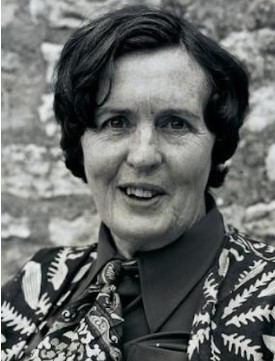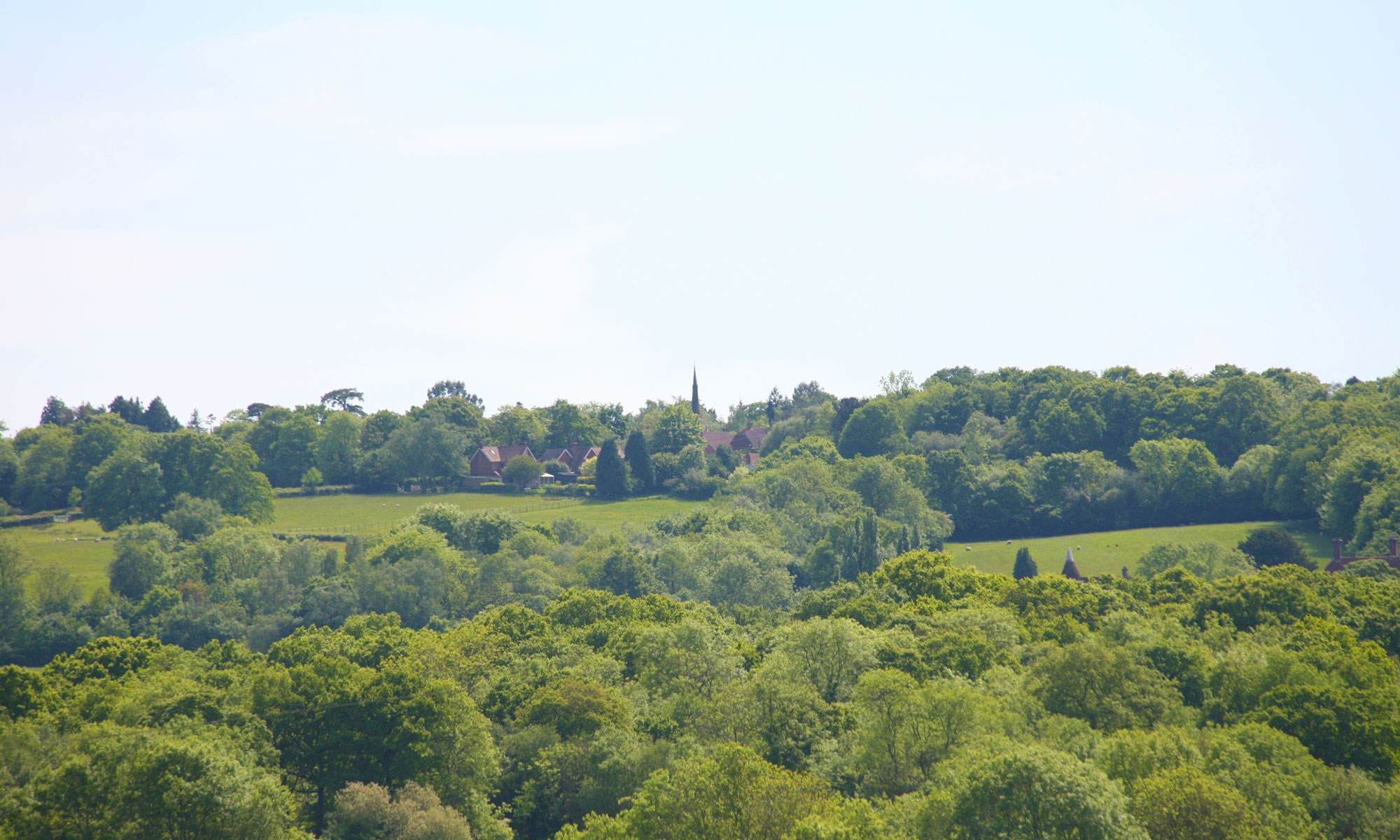 ‘English humour turns on transforming the ordinary into the extraordinary’ , James Thurber
‘English humour turns on transforming the ordinary into the extraordinary’ , James Thurber
Listening to the World Service in the small hours of an insomniac night, I suddenly jolted wide awake as I heard the voice of the author of one of our favourite Book Club reads – Clare Chambers talking about Small Pleasures. She was saying that she extensively read fifties novels in order to capture the dialogue and atmosphere of the time. Her favourite was Excellent Women (1952) by Barbara Pym, so we decided to read it ourselves.
Pym wrote a series of novels in the fifties but fell out of fashion and was refused publication in the swinging 60s until Cecil Day Lewis and Philip Larkin recognised her worth in the 70s, the latter saying that he would rather read a novel by Barbara Pym than by Jane Austen. Since then, her reputation has never faltered,
In fact, she is often compared to Jane Austen as she enjoys the details and absurdities of everyday smallish lives. The novel is narrated by Mildred, the daughter of a country rector, who on his death finds herself with a small income but no home, the fate of many women after the War. She refers to herself as plain and dowdy and she is known as a sensible women who is exploited by nearly everyone she knows. In an act of rebellion against her upbringing, she goes to the High Anglo-Catholic church of St Mark’s which provided a purpose and social life for her and other single women.
She observes the lives of these women with a wry, self-deprecating humour as they move through the church year of jumble sales, bazaars, flower arranging for the church, making endless cups of tea for the men who watch them at their tasks. For the novel is also about the men who patronise the women, ‘I had observed that men did not usually do things unless they like doing them’. It is the men who complacently use the term ‘excellent women’. It paints a vivid picture of a post-War world of shortages and genteel drabness, of women in flats, sharing a bathroom and remembering better days but also keeping cheerful and finding solace in the routines of the church – and of course, gossip.
Into this scene come new neighbours – the Napiers, who take the flat below Mildred, and Mrs Allegra Grey, the glamorous clergyman’s widow, who takes rooms in the vicarage. They certainly cannot be called ‘excellent’ – Mrs Napier (Helena) is bright in appearance with blonde hair, corduroy slacks and a red jersey. She is an anthropologist, just back from Africa, and refers to herself as a slut who enjoys her husband’s cooking. Mrs Grey is always beautifully dressed and is very happy to let others do the work. Added to these is Mr Napier {Rocky} back from the War in Italy, spent charming the Wrens and now doing the same with Mildred and all the other ‘excellent women’. Finally, there is their friend Everard, another anthropologist. Things are bound to happen and of course they do, as the uneventful, settled order is disrupted.
The group really enjoyed the book – the measured prose, her acerbic one-liners and the way she brings this period so vividly to life. We enjoyed it so much that for our next book we will be reading The Adventures of Miss Bárbara Pym by Paula Byrne.
Heather Mines

